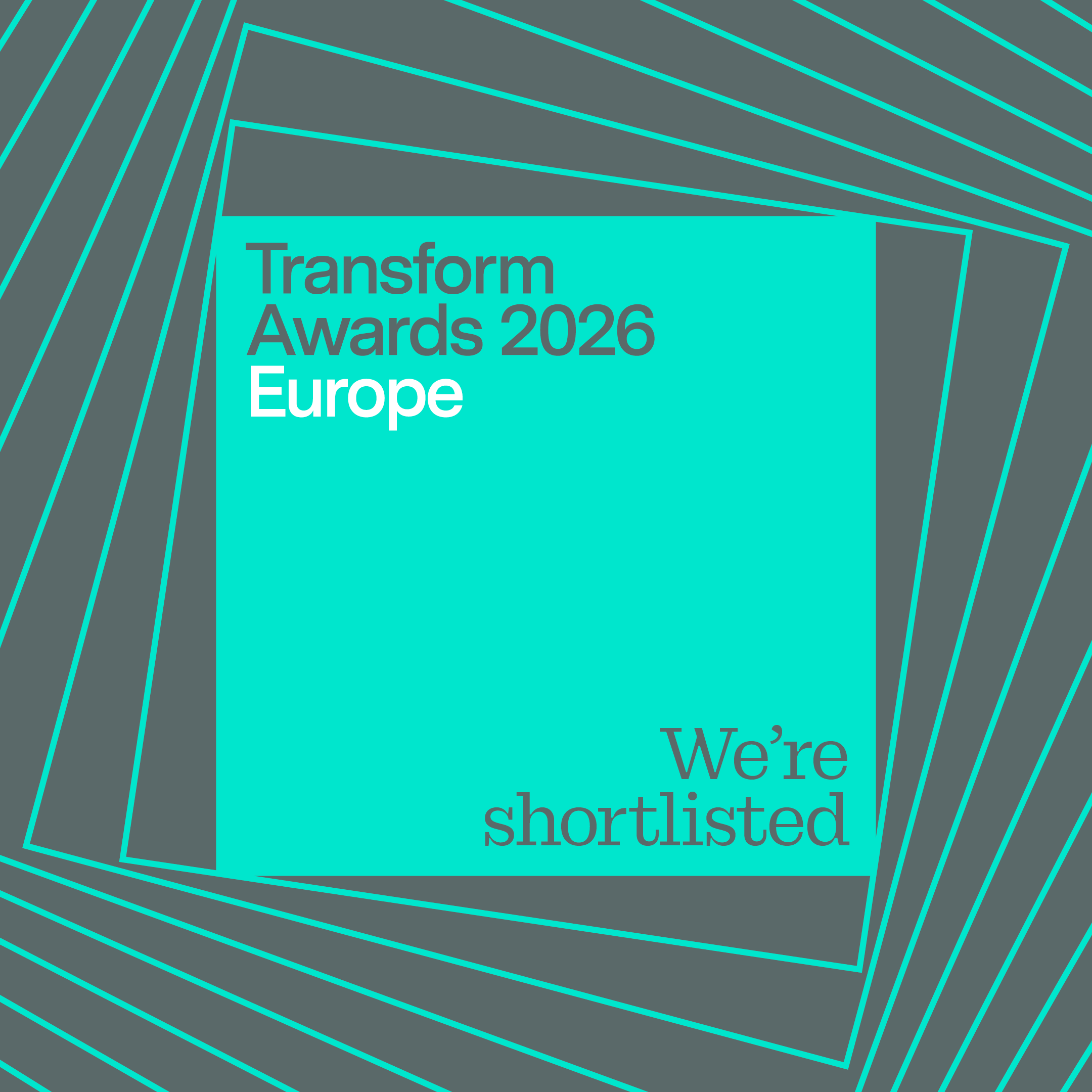Top 5 Liveable Cities

According to the World Bank, 7 in 10 of us will be urbanites by 2050. As the world burns, crops fail, herds die and Londoners are up in arms about ULEZ, we took a look at the places that are leading the charge with big, ambitious plans to combat the effects of warming. Not just talking about them. Actually implementing transformative policies.
Today, cities generate 80% of the world’s GDP. But remaining competitive and productive rests on their livability in the face of climate change. Here are our favourite top 5 places that give us hope.
1. Stockholm, Sweden
Ranking high on reducing greenhouse gas emission reductions with its strict decarbonisation policies, public transport, and co-generating district energy systems, Stockholm stands out for its vast open spaces and low dependence on vehicles. Its Environment Programme and Climate Action Plan are already in action, alongside its climate budget, to make the city carbon positive as soon as 2040.
2. Curitiba, Brazil
Bang in the middle of the agricultural state of Paraná, Curitiba has become a hub of successful urban planning. Inhabitants can swap waste for books, travel passes and even food to encourage recycling. A free University of the Environment in the heart of the Zaninelli woods taught everyone the value of ecology. Curitiba’s city planners designed the city with a balance of green and urban spaces which are maintained with sheep to offset the use of fuel and give wool and manure to local areas.
3. Copenhagen, Denmark
Copenhagen wants to be the world’s first city entirely independent of fossil fuels by 2050. 98% of all households are already linked to a district heating system and 68% of hotel rooms are eco-certified. 546 km of cycle paths, 65 km of green paths and 60 km of bike superhighways also accelerate sustainable transport and reduce emissions.
4. Lahti, Finland
Lahti was crowned the European Green Capital of Europe in 2021. It’s slashed greenhouse gas emissions by 70% since 1990 and wants to be Finland’s first carbon-neutral city by 2025. It has the lowest transport emissions in the country thanks to its bus system. But the pièce de résistance is the ambition to be a waste-free circular city by 2050. Using a next level waste separation system, only 0.5% would go to landfill. Half of all waste would be recycled, while the other half would be used as an energy source for the city.
5. Masdar City, Abu Dhabi
Masdar City became the first city with a net-zero home in Abu Dhabi: the Eco-Villa, which uses 72% less energy and 35% less water than traditional homes and displaces 63 tonnes of CO2 annually. Masdar City Square is also set to be the first net-zero energy hub with carbon reduction technology, with the goal of proving that sustainable development isn’t just good for the environment, but the economy. The tech being used in Masdar City is an example that helps us reimagine urban planning globally – net-zero can be adopted at a mass scale.
These cities are paving the way, demonstrating how to compete as destinations while climate change increasingly impacts our way of life and the global economy.
Future liveable cities will be driven by bold, transformative ideas. Where innovation goes, investment follows.
Read more

How emotion works in brand building and why it’s so effective for place brands
Emotions are central to the human experience. They help shape perceptions, guide decisions, and influence what we remember. All essential for effective brand building. But why? Emotions help us make quick, intuitive choices in the moment, by simplifying things (good/bad, approach/avoid, safe/risky). They interact with our core beliefs, opinions, memories and experiences to help us reach decisions rapidly. More often than not, we choose based on feeling rather than methodically analysing features.

Shortlisted at the Transform Awards 2026
Thrilled to start the new year by sharing some good news, our work has been shortlisted at the Transform Awards across four categories 🎉

Humanarium features in Design Week
Humanarium features in Design Week